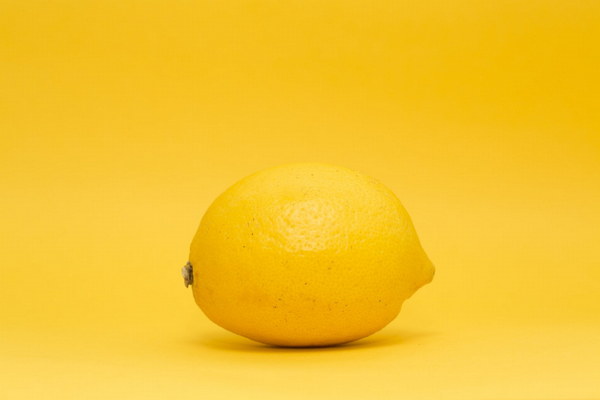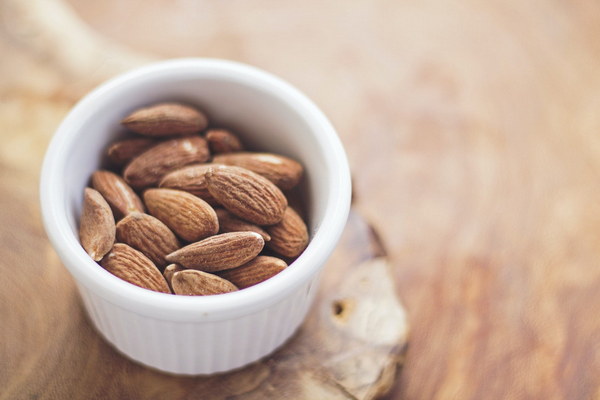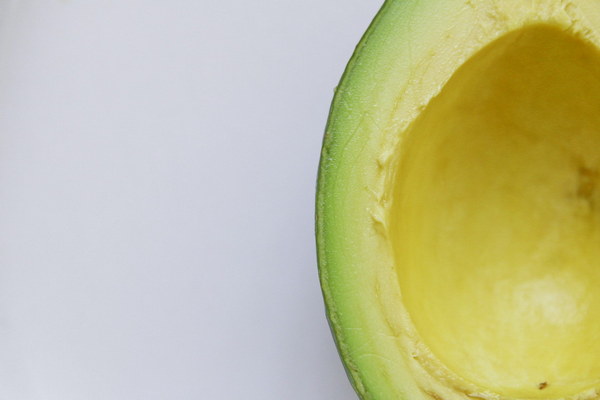Does Chaihu Harm the Liver or Protect It The Controversy Surrounding Traditional Chinese Herb's Impact on Organ Health
In the realm of traditional Chinese medicine (TCM), Chaihu (Bupleurum chinense) has long been esteemed for its therapeutic properties. Often used to treat various ailments such as liver disorders, fevers, and emotional disturbances, Chaihu is a staple in many TCM formulas. However, there has been a persistent debate regarding its effects on the liver: does Chaihu harm the liver, or does it actually protect it? This article delves into the controversy and explores the potential impact of Chaihu on organ health.
The Liver and Chaihu: A Complex Relationship
Chaihu is primarily used in TCM to address liver-related issues, particularly those involving the liver's qi (vital energy) stagnation. Its name, Chaihu, translates to dispel the liver Qi, which suggests its primary function is to unblock and regulate the flow of Qi in the liver. This makes it a common ingredient in formulas for conditions such as hepatitis, dysmenorrhea, and anxiety.
Proponents of Chaihu argue that the herb is beneficial for the liver, as it helps to relieve stagnation and restore balance to the organ. They cite studies that show Chaihu can improve liver function by increasing bile production and reducing liver inflammation. Moreover, Chaihu is thought to enhance the activity of the liver's detoxifying enzymes, thereby protecting the organ from damage.
On the other hand, critics of Chaihu raise concerns about its potential to harm the liver. They point to studies indicating that Chaihu can cause liver toxicity in some individuals, particularly when used in high doses or over a prolonged period. The concern is that the herb may interfere with the liver's metabolism of certain drugs and toxins, leading to adverse effects.
The Role of Dosage and Quality
One of the key factors in determining whether Chaihu will harm or protect the liver is the dosage and quality of the herb used. In TCM, the preparation and administration of herbs are crucial, and the same herb can have different effects depending on how it is used.
Proper dosage and quality control are essential in mitigating the risk of liver damage. When Chaihu is used as prescribed by a qualified TCM practitioner, the risk of adverse effects is generally low. However, when self-prescribed or used inappropriately, the potential for harm increases.
Research and Controversy
Research into the effects of Chaihu on the liver has been mixed. Some studies support the herb's liver-protective properties, while others suggest a risk of liver toxicity. For instance, a study published in the journal Phytomedicine found that Chaihu can improve liver function in patients with chronic hepatitis B. Conversely, another study published in Toxicology Letters reported that Chaihu can cause liver damage in rats when administered in high doses.
The lack of standardized research and the variability in study designs make it challenging to draw definitive conclusions about Chaihu's impact on the liver. However, it is clear that more research is needed to fully understand the herb's effects on organ health.
Conclusion

The debate over whether Chaihu harms or protects the liver is complex and nuanced. While there is evidence to suggest that Chaihu can be beneficial for the liver when used appropriately, there are also concerns about its potential for liver toxicity. It is crucial for individuals considering Chaihu therapy to consult with a qualified TCM practitioner who can assess their specific health needs and ensure safe and effective use of the herb.
As research continues to unfold, it is hoped that a clearer understanding of Chaihu's effects on the liver will emerge. Until then, those interested in using Chaihu as a therapeutic option should proceed with caution and under professional guidance.









